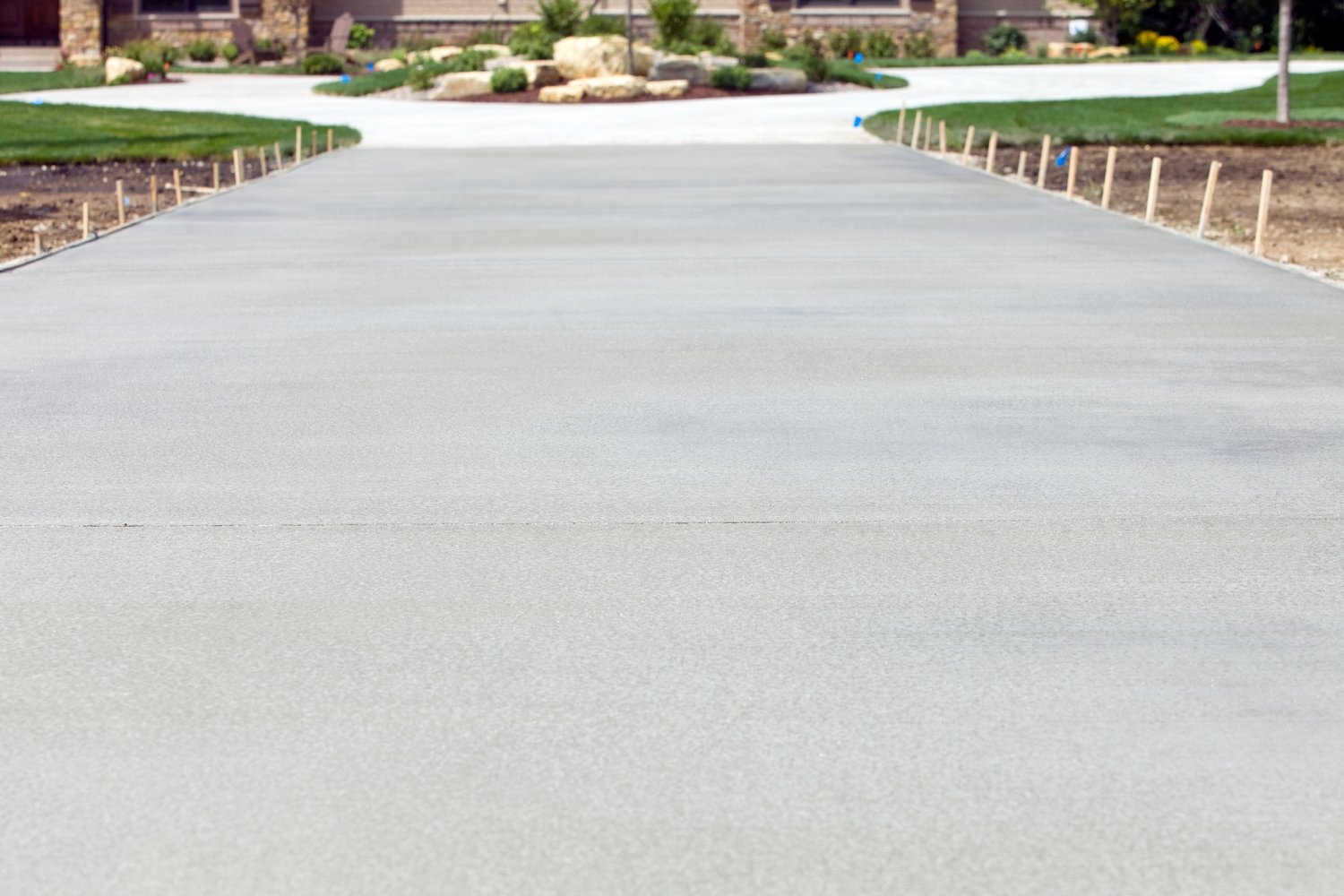When considering modern driveway materials, resin surfaces have gained significant popularity due to their aesthetic appeal, durability, and relatively low maintenance requirements. However, many homeowners are confused about the distinction between resin-bound and resin-bonded systems. Both offer attractive alternatives to traditional concrete or asphalt, but they differ significantly in application method, appearance, performance, and suitability for various settings. This article explores the key differences between these two resin driveway options to help you make an informed decision for your property.
Understanding Resin Surfacing Basics
Resin surfacing represents one of the most significant innovations in driveway materials over the past few decades. Both resin-bound and resin-bonded systems use aggregate stones combined with resin, but how these materials come together creates entirely different results. When embarking on a resin driveway comparison, it’s important to understand that the terminology can be confusing. The binding process – how the stones and resin interact – is the fundamental difference between these two modern driveway materials. The distinction isn’t merely technical; it affects everything from installation methods to long-term performance and maintenance requirements.
Resin-Bound Driveways: Characteristics and Benefits
A resin-bound surface consists of aggregate stones thoroughly mixed with a transparent polyurethane resin before application. This mixture is then troweled onto a solid base, typically concrete or asphalt, creating a smooth, porous surface. The defining characteristic of resin-bound systems is that each stone is completely encapsulated in resin, forming a strong, permeable layer approximately 15-20mm thick. When choosing resin surface options for your property, the resin-bound variety offers exceptional water permeability, which helps with natural drainage and reduces puddles during rainy weather. This permeability makes resin-bound surfaces SuDS (Sustainable Drainage Systems) compliant, an increasingly important consideration in many regions facing increased precipitation due to climate change.
Aesthetically, resin-bound driveways offer a smooth, consistent finish with the natural beauty of the chosen aggregate visible throughout. The seamless appearance gives a contemporary, high-end look that complements modern architectural styles while still working well with traditional homes. According to experts at AskHomey, homeowners particularly appreciate the color stability and UV resistance of quality resin-bound systems, ensuring their driveway maintains its appearance for years.
Resin-Bonded Driveways: Characteristics and Benefits
In contrast, the resin-bonded application process involves first spreading resin adhesive onto a base surface, then scattering loose aggregate stones over the top. Only one side of each stone adheres to the resin layer, leaving the upper portion exposed. This creates a textured, more traditional gravel-like appearance, but with the stones securely attached to prevent displacement. The resulting surface resembles a conventional gravel driveway but without the maintenance issues associated with loose stones.
When conducting a resin driveway comparison, it’s worth noting that resin-bonded surfaces are generally less expensive than their bound counterparts. The installation process is quicker and requires less material per square meter. However, this cost advantage comes with certain trade-offs. Resin-bonded surfaces are not permeable, meaning water runs off rather than through them, potentially necessitating additional drainage solutions. Over time, the exposed aggregate can experience some loosening, particularly in areas with heavy vehicle traffic.
Making Your Choice: Key Considerations
When deciding between resin-bound vs resin-bonded driveways, several factors should influence your decision. Budget considerations often play a significant role, with resin-bonded options typically costing 15-30% less than resin-bound installations. However, long-term maintenance requirements might offset this initial saving. Resin-bound surfaces generally require less maintenance and have longer lifespans – typically 15-25 years compared to 8-15 years for resin-bonded surfaces when properly installed and maintained.
Environmental considerations should also factor into your decision about modern driveway materials. The permeable nature of resin-bound systems supports natural water cycles and reduces strain on municipal drainage systems. In areas prone to flooding or with strict regulations about surface water runoff, this permeability can be a decisive advantage. Climate conditions in your region matter too – in areas with frequent freezing and thawing cycles, the flexible nature of resin-bound surfaces typically provides better resistance to cracking.
Installation Process and Maintenance Requirements
Both systems require professional installation for optimal results. Resin-bound installations typically take longer due to the more complex mixing and troweling process. Proper base preparation is critical for both types, though especially important for resin-bound surfaces where an even, solid foundation ensures longevity. Maintenance for resin-bound surfaces primarily involves occasional power washing and ensuring drainage points remain clear. Resin-bonded surfaces may require more frequent cleaning and eventual resealing as the top layer experiences wear.
For more tips and to connect with reliable home service professionals, follow AskHomey on Facebook and Instagram.



